
The BRICS have a very contradictory image: some fear or pin a lot of hopes on them as a rising hegemonic alliance, a champion of the Global South, while others are much more sceptical, arguing that the interests of their core members are too contradictory for the BRICS to act as a unified entity in global politics. But does the BRICS really represent the Global South? And how do they compare as an institute of non-hegemonic internationalism to the Third World organisations that defined the 20th century, such as the Non-Aligned Movement and the Group of 77?
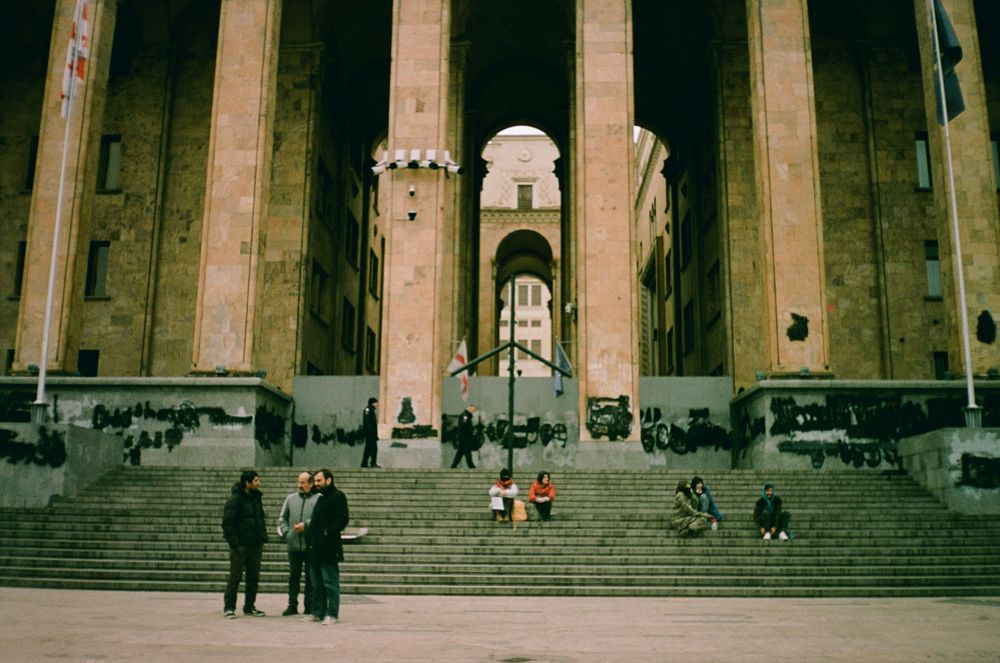
For several years now, the Georgian protests have been attracting international attention. From March 2023 to the end of 2024, people took to the streets every day, despite police violence and criminal prosecution. Georgians opposed laws modeled on Russian legislation, challenged the re-election of the ruling Georgian Dream party, and protested against the rejection of European integration. Journalist Sasha Fokina spoke with Georgian left-wing activists, who described the state of civil society after the protests.
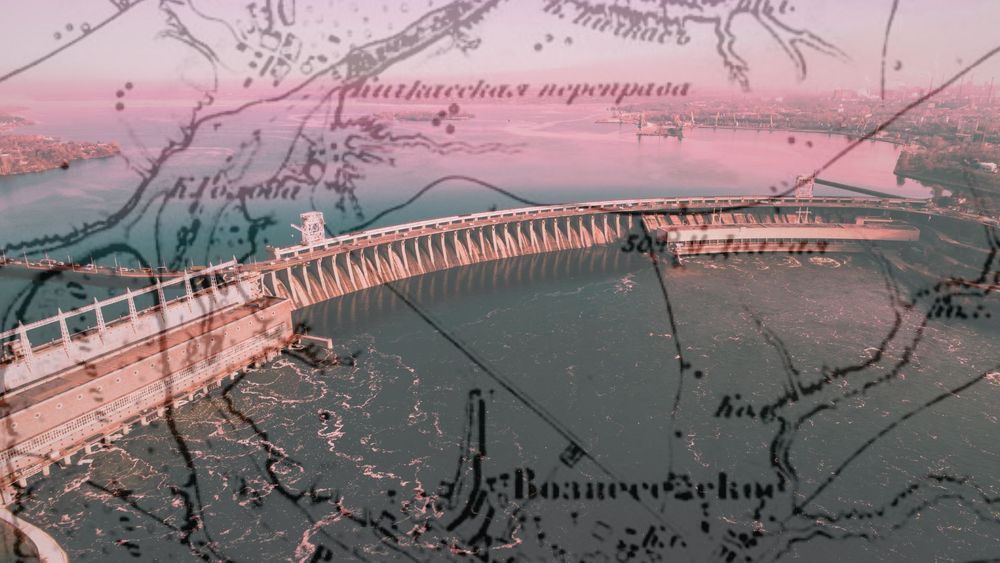
Ukraine’s energy infrastructure is a major Russian military target. But the system also faces another enemy: climate disasters putting ever more strain on the power grid.
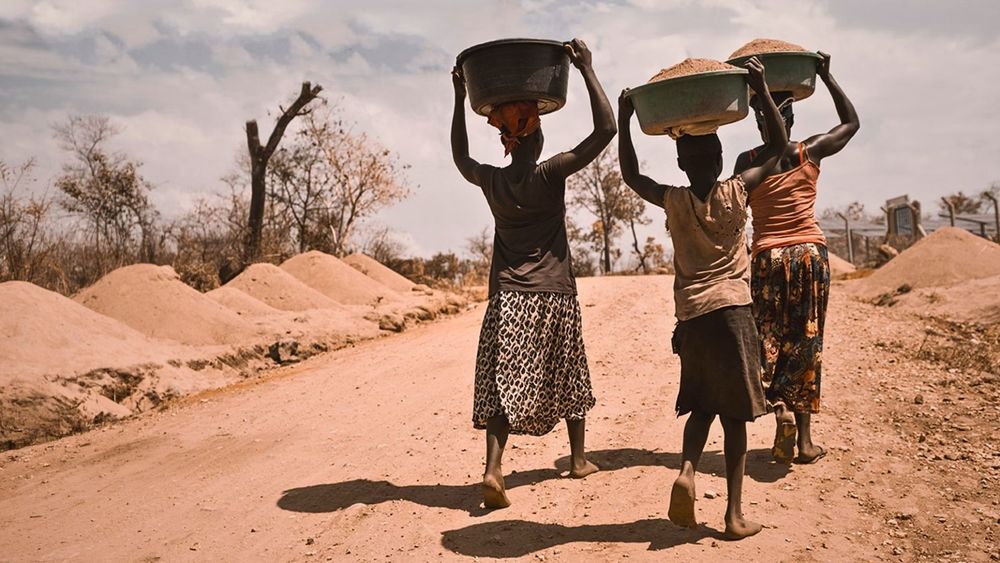
As capitalism-driven polycrisis unravels, Africa disproportionately suffers from the harm brought by climate change. The World Meteorological Organization recognises that temperature increases in Africa are slightly above the global average, leading to growing climate change costs. Meanwhile, extreme weather events across the region, including multi-year droughts and floods, create millions of refugees, although international agencies dedicated to the issue do not estimate current numbers. Despite the fact that this group is the most vulnerable among those affected by climate change, the international regime does not recognise these individuals as refugees, trapping people between existential threats from the climate and asylum bureaucracy.

How did the ‘democrats’ understand democracy? On the example of the formation of Moscow’s government
Last year, Alexei Navalny initiated a discussion about the role of the 1990s era in the formation of the modern Russian regime. This debate was eagerly supported by the majority of the Russian left, for whom it became an opportunity to remind once again about the undemocratic nature of the formula of democracy as the power of 'democrats'. Nevertheless, questions about the design of the political system of post-Soviet Russia often remain in the background of this discussion. Alexander Zamyatin shows how the political struggle between the "democrats" and the Mossovet on the eve of the first Moscow mayoral elections in 1991 laid the foundations of the system of power in Russia - from plebiscites to the power vertical.

Murad Gattal spoke to Azerbaijani trade unionists and left-wing activists about the state of society following Ilham Aliyev’s election for the fifth presidential term and the Third Karabakh War. The rise of authoritarian tendencies and nationalist rallying around the flag that followed in the aftermath of the ‘small victorious war’ brings up questions about the future, and even existence, of the left movement in the country.

September went to the Ludwig Maximilian University of Munich (LMU) Palestine solidarity encampment to meet with Leila, a long-time activist, and co-founder of Munich’s chapter of ‘Palästina Spricht’, a movement for the rights of Palestinians and against racism in Germany. We discussed the situation in Palestine and Israel, the current state of the Palestinian solidarity movement, the role of the international institutions in the Palestinian struggle for self-determination, and the repression Palestinian and Jewish anti-zionist activists currently face in Germany.
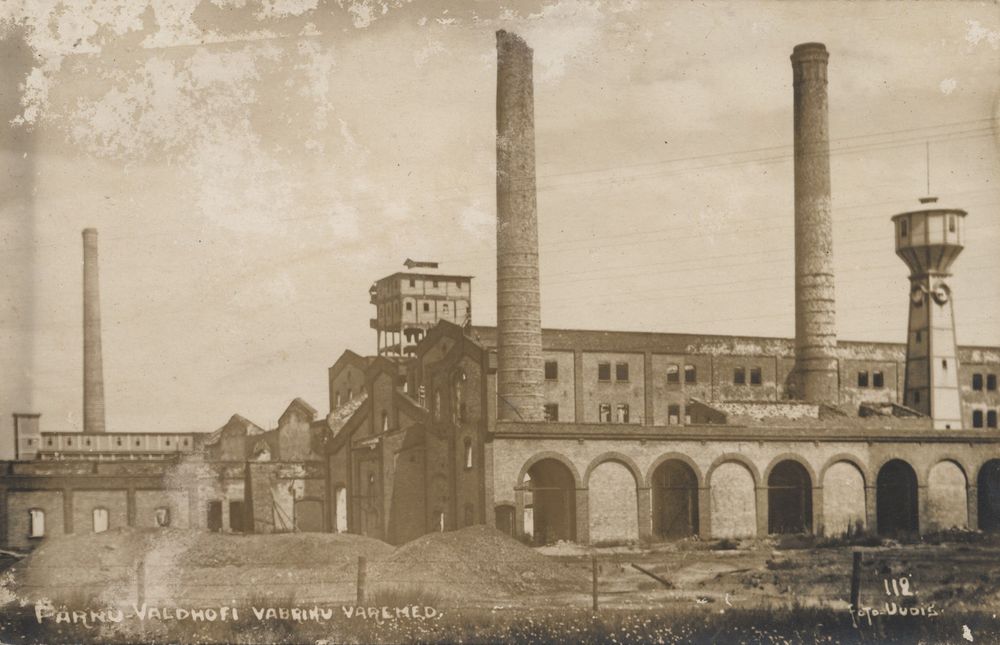
It often seems that the problem of industrial pollution of the environment is a fairly new phenomenon, which became a topic of wide social discussion only in the second half of the 20th century. Even more novel is the attempt to link environmental problems with issues of state security and protectionist measures. Historian Andrei Vinogradov, using the example of the Waldhof paper mill in Pärnu, shows that more than 120 years ago, issues of exploitation of nature, the imperialist confrontation between the “great powers” and the destruction of the traditional way of life of indigenous peoples were closely intertwined, and environmentalists often had to appeal to “state interests”, to be heard.
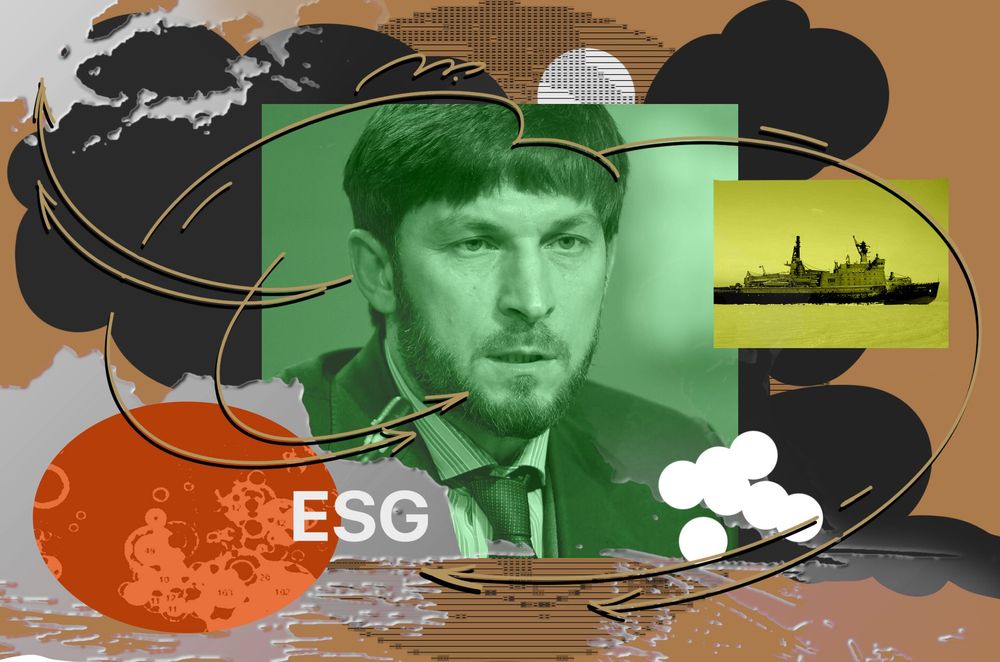
Given its powerful oil oligarchs, it’s easy to assume Russia is the quintessential climate denier. Yet the rise of corporate ESG policies in the country suggests Russian capital wants to greenwash just as much as its Western peers.

In July 2023, the international left-wing community was shaken by the news of the imprisonment of Boris Kagarlitsky on the factitious charges of “justifying terrorism”, a code word for his staunch anti-war position. Karaglitsky, the well-known post-Soviet public intellectual, who was previously imprisoned under Brezhnev and Yeltzin, was abducted in Moscow and brought to Syktyvkar, 1,300 kilometers to the north of Russia’s capital. The aim was to isolate Kagarlitsky and cut him off support of his comrades. However, a strong international solidarity campaign led to the sociologist’s release back in December. Now, with his case reopened, Kagarlitsky who refuses to leave Russia as a matter of principle faces five years in prison. September Collective publishes this letter, which Boris wrote from behind bars, to call for reopening of the solidarity campaign for his immediate release with renewed vigor. Freedom to Boris Kagarlitsky and all political prisoners in Russia!


